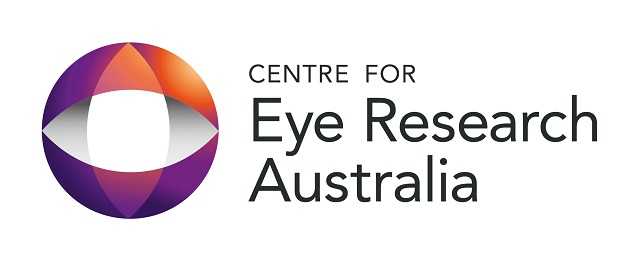MELBOURNE, Australia – New research led by Dr Lisa Zhuoting Zhu, Principal Investigator of the Ophthalmic Epidemiology team at the Centre for Eye Research Australia (CERA) in Melbourne, has found a positive link between coffee and tea consumption and the thickness of our macular retinal nerve fibre layer.
The macula is the central part of the retina at the back of the eye that gives us sharp central vision. The retinal nerve fibre layer is a thin layer of nerve cells that transmit visual information from the eye to the brain.
“Our findings indicate if we consume two to three cups of coffee or more than four cups of tea per day, the macular thickness will increase,” says Dr Zhu.
As she explains, the study used the macular retinal nerve fibre layer thickness as a measure of the brain’s health: “The thinner the layer, the higher risk of neurodegeneration.”
Recently published in Nutrients, the study was led by Dr Zhu and Professor Mingguang He in a collaboration with the State Key Laboratory of Ophthalmology in China.
Coffee or tea?
Dr Zhu explains the study was inspired by existing evidence that tea or coffee may have protective effects for the brain as well as the sheer amount of coffee and tea consumed globally.
“Many cultures drink coffee and tea almost every day – from one to more than five cups – so it’s important to know the potential benefits or risks for our health,” she says.
In the touchscreen questionnaire, more than 35,000 participants from the UK Biobank study were asked how many cups of coffee and tea were consumed daily on average over the last year.
Groups were divided into four categories: from zero cups to more than four cups per day.
Their macular retinal nerve fibre layer thickness was measured by using an optical coherence tomography (OCT) scan – a non-invasive imaging method using reflected light to create pictures of the back of your eye – and automatically analysed by built-in software.
The results showed that coffee drinkers had a significant increase in macular retinal nerve fiber layer thickness, especially those who drank two to three cups coffee per day.
Tea drinkers also fared well, with a significant increase macular thickness in people who drank more than for cups daily.
Dr Zhu emphasises their study found there is a ‘sweet spot’ for coffee consumption and having a healthy macular retinal nerve fiber layer thickness.
“That means not too much and not too little – a medium amount of coffee is best,” she says.
However, as Dr Zhu explains, not all coffees are created equal
“Many studies have indicated that instant coffee could be a risk factor for many health outcomes, including neurodegenerative diseases, which we also found in our study.
“That suggests it’s better to have good quality coffee.”
While the potential implications of the research are exiting, Dr Zhu says further studies are needed to verify their findings.
Read the study
Yuan, Y., Bulloch, G., Zhang, S., et al. Consumption of Coffee and Tea Is Associated with Macular Retinal Nerve Fiber Layer Thickness: Results from the UK Biobank. Nutrients (2023).
https://www.mdpi.com/2072-6643/15/5/1196
This study is funded by the NHMRC Investigator Grants of both Dr Zhu and Professor He.














